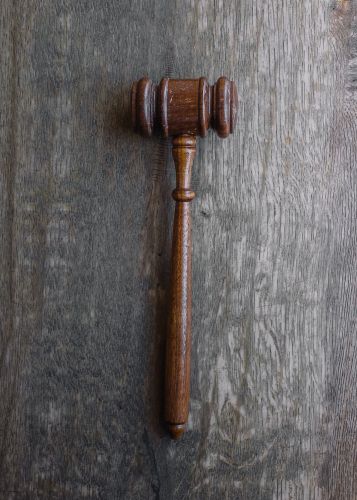
Suing a Private School: Beware of Pitfalls
Several months ago I wrote a post on suing a private school. I outlined three different causes of actions that typically come into play: Breach of Contract Claims; Fraud; and, Negligence. The post has been so popular that I thought I would provide a follow-up article. This time, focusing on potential pitfalls of suing a private school that your attorney may not think about or not tell you.
1. Education Malpractice
Educational malpractice is a tort cause of action. Essentially, a claim of educational malpractice asserts that educational institutions and their employees breached their duty to educate plaintiffs adequately. Many times education malpractice and claims for negligence claims, if not pled properly, get intermingled. Here is the problem.Education malpractice has been almost universally rejected by the courts. In any negligence or malpractice claim a plaintiff is required to show a duty, a breach of that duty, causation, and damages. Courts generally reject educational malpractice claims because of the difficulty in establishing some of these elements. First, courts believe that it is very difficult to define the duty to educate. Second, causation has also been found to be difficult to determine. Why? Because it is very difficult to identify all of the reasons why students fail to achieve specified levels of education. The persons responsible for the failure to educate could include teachers, parents, or the student themselves. Because of this, courts have noted the difficulty in determining whether the school or school officials, or other parties, including the student, may have caused the negative educational outcome. Lastly, some courts have stated reluctance to insert themselves into the public policy area concerning the quality of education. How can a court say that for instance, one method of teaching is worse than another?Therefore, understand that if the complaint is the “quality” of the education received, or that “the professor didn’t really teach me,” know that there is a good chance that this claim may fail. Instead, if asserting a negligence claim, focus on the school’s failure to follow a specific policy or procedure, or a failure to keep your child safe which resulted in a physical injury.
2. You Have no “Right” to Be Educated by a Private School
On more than one occasion, I have received a call from an upset parent. Their last attorney sued their chid’s private school, for whatever the reason, and shockingly, the school terminated the relationship and dis-enrolled their child. How can they do that, they ask? Well, they can. It is a private school – you have no right to have your child there. Additionally, check your handbooks or admission forms and contracts. Many times private schools will include a clause that says something to the following effect: If at any time the relationship between the school and the parent becomes irretrievably broken, the school has the authority to dis-enroll the student. If your handbook has language similar to that, they can terminate the relationship. Now more likely than not, if the situation has gotten so bad that you feel the need to sue your child’s private school then most likely you would not want your child to continue to attend anyway. But just be aware that this could happen.Suing a private school, depending on the scenario, can be a tricky process. But if you have an education attorney who is knowledgeable, and a little creative, you can be successful.Richard Asselta is an attorney who practices school law and the founder of Asselta Law, PA, located in Florida. Asselta Law concentrates on Education Law and School Law, as well as Appeals and Animal Law. He works with teachers and students on all education and school legal issues. Asselta Law represents clients throughout the state of Florida and the United States. Contact us today for a free consultation with a knowledgeable school lawyer. Credit cards accepted. Affordable payment plans available.
